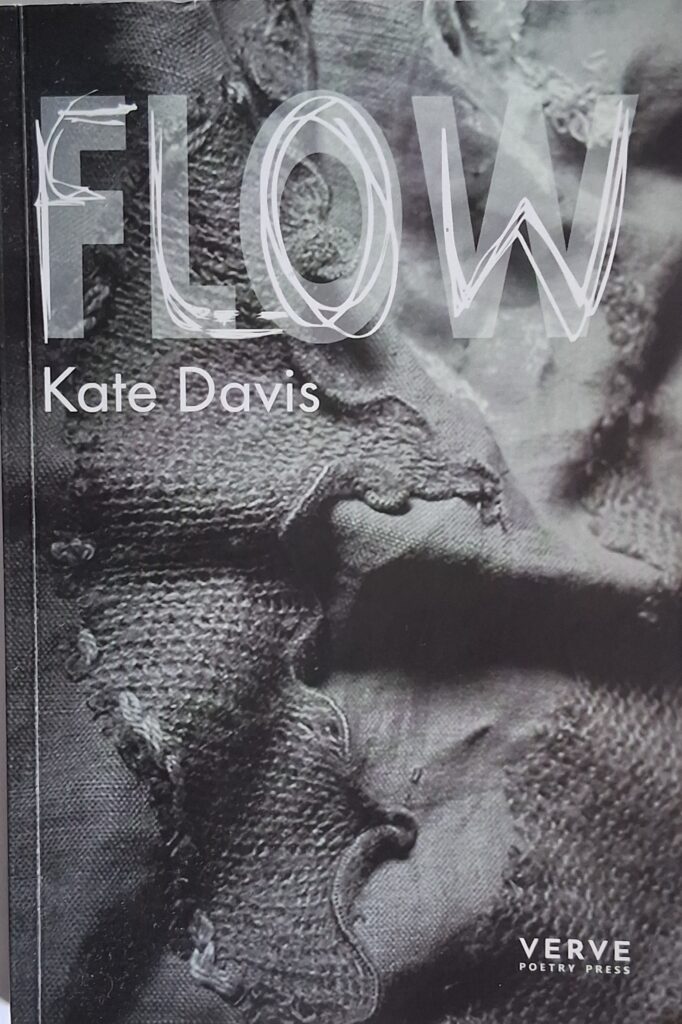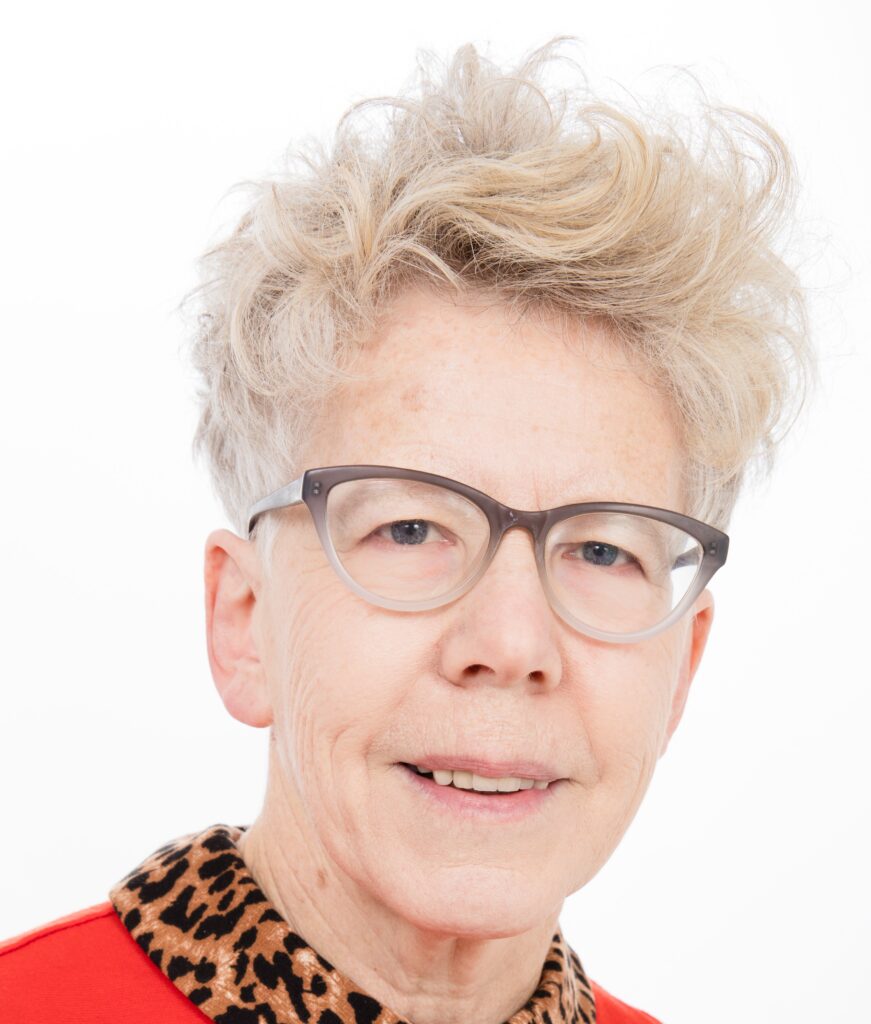
Why We Created an Anti-Prize: On Poetry Awards, Indie Presses, and the Myth of Prestige
Poetry prizes are everywhere. So are prize-nominated books, prize-listed poets, and presses (not so) quietly using awards as a marketing strategy. Ugh!

The first thing to say about FLOW is this: it doesn’t care if you’re ready. From its opening lines — “Rain, stinging rain, skelped in from the west” — Davis drags us by the hair into a world already breaking apart. Language here is both weapon and lifeline. In Uischa, the feral, half-drowned girl who carries the narrative, Davis conjures a protagonist who is less a figure of linear development than a human weather system: battered, mutable, elemental. The prose-poetic lineation is slippery, often breathless, building rhythm through accumulation, enjambment, and repetition. Take this moment of raw invocation: open your mouth don’t leave me eat the food I found for you, where hunger, fear, and maternal love collapse into one choked, unpunctuated plea. Davis doesn’t merely write about trauma; she enacts it in the syntax.
FLOW is a novel, a 42,000-word poem of migration, memory, and survival spanning 2,500 years and two continents. It follows six women linked by ancestry, by their eerie kinship with the sea, and by the treacherous weight of language, which gives them history and voice, yet often fails them when it matters most. Davis’s style is unapologetically incantatory, but never indulgent. The musicality serves narrative weight. In Uischa’s refusal to speak her name, we get a political act of withholding in a world where names are a currency of control. When Davis writes, the sacred words were alive inside her, she isn’t being metaphorical, language here is an animating force, as volatile and sustaining as the ocean. The voice is shaped by lived experience: born on the Furness Peninsula and navigating her own body through a challenging karst landscape, Davis knows something about terrain: physical, emotional, linguistic.
Where the book dares most is in its mythic scope. Davis sidesteps the neat narrative arc in favour of something tidal, cyclical, and profoundly female. The twins Brigha and Brendhan, born in trauma and raised on the edges of belonging, are not symbols but symbiotic beings, neither wholly human nor otherworldly. Davis doesn’t flatten their strangeness for narrative ease. When Brigha’s voice falters, when she rejects inherited prayer, it’s not framed as rebellion but necessity — a hard severing from the motherline to create a new grammar of survival. Her words won’t save you, Brigha shouts, and it’s both sacrilege and salvation. The narrative becomes a meditation on what happens when language fails, when even sacred speech collapses under the weight of history and hunger.
As contemporary fiction goes, FLOW is feral, unfashionable, and utterly necessary. It stands in conversation with writers like Max Porter or Anne Carson, but with a visceral rawness that resists the coolness of literary trend. This is small press literature (Verve Poetry Press) doing what it’s supposed to, giving space to the outliers, the truth-tellers, the ones who won’t sand down their story for a prize shortlist. Davis, whose work spans poetry, prose, radio, and cross-disciplinary art, brings all that range to bear here. Her poetic debut, The Girl Who Forgets How to Walk, laid the ground. FLOW dives far deeper: into history, mythology, and something more elemental. This is literary fiction that takes risks. New writing that refuses to tame its voice. A prose review might struggle to catch all its currents, but this much is clear: FLOW doesn’t want your applause; it wants your bones. Let it drown you.
“Precise, immersive, visceral, a lyrical dream waking to a near future of loss. Kate’s poetic novella, FLOW, is a stunning voyage through time and place, charting the familiarity of people and their choices across millennia. Constructed with skill and beauty and told in literary technicolour.”
— Louise Kenward

Kate Davis is a poet and storyteller rooted in the wild edge of the Furness Peninsula, where she still lives. Her writing rises from the grit of that karst landscape — a terrain she taught herself to navigate as a child with poor mobility. That early struggle with movement and meaning threads through everything she writes: the difficulty of language, the violence of naming, the raw pull of place.
She works across disciplines — with film-makers, sound artists, theatre-makers and musicians — but her work always returns to the body, to land, to how we survive. Her debut collection, The Girl Who Forgets How to Walk (Penned in the Margins, 2018), carved a distinctive voice in contemporary poetry. Her work has been broadcast on BBC Radio 3 and 4, and she’s been recognised by the Penguin Random House ‘Write Now’ scheme and the Northern Writers’ Awards. She’s currently working on a memoir, Breccia, and a second poetry collection.
FLOW is her first full-length work of prose fiction — a novel told in verse, spanning continents and centuries, haunted by language and shaped by the sea. Like everything she writes, it refuses neat categorisation. It walks with a limp. It sings anyway.

Poetry prizes are everywhere. So are prize-nominated books, prize-listed poets, and presses (not so) quietly using awards as a marketing strategy. Ugh!

On Saturday 31 January 2026, The Broken Spine Live rolls back into Southport for an evening of raw words and real ale,

Gig Review: Stereophonics at M&S Bank Arena, Liverpool – 16 December 2025 I have loved Stereophonics since the day I bought Local
The Broken Spine is a poetry and arts collective proudly published on the coastal edge of North-West England. Founded in 2019 by Alan Parry and Paul Robert Mullen – two school friends reunited after twenty years through a mutual love of poetry.